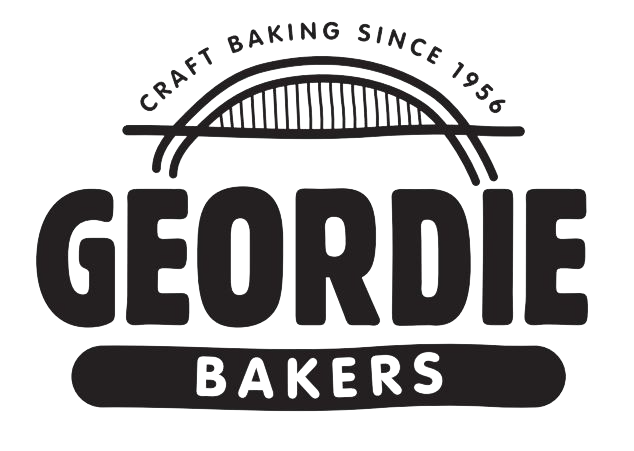Unraveling the Geordie Lexicon: A Linguistic Treasure Trove
Introduction
The Geordie lexicon is a linguistic treasure trove that offers a fascinating glimpse into the rich and vibrant culture of the Tyneside region, particularly Newcastle and its surroundings. Encompassing a distinctive dialect with its own unique vocabulary and expressions, the Geordie lexicon is a testament to the resilience and identity of its people. In this blog post, we'll delve into the fascinating world of the Geordie lexicon and explore some of its most intriguing words and phrases.
The Origins of the Geordie Lexicon
To truly appreciate the Geordie lexicon, it's essential to understand its historical roots. The Geordie dialect has evolved over centuries, influenced by a blend of Old English, Norse, and Scottish languages. Its development was shaped by the region's coal mining heritage, maritime history, and close-knit communities.
Influence of the Coal Mining Industry
The coal mining industry played a significant role in shaping the Geordie lexicon. The mining communities of Northumberland and County Durham had a strong sense of identity and camaraderie. The unique words and phrases that emerged were often related to the miners' daily lives, their work in the pits, and their interactions with one another.
Common Geordie Lexicon Phrases
"Canny" - Perhaps one of the most well-known Geordie words, "canny" is used to describe something that is good, pleasant, or nice. For example, "That's a canny cup of tea."
"Gan" - This word means to go or move. It's a prime example of how the Geordie lexicon often uses words with distinct pronunciations, such as "gannin' yem" (going home).
"Wor" - Geordies often use "wor" instead of "our" to indicate possession. For example, "This is wor house" means "This is our house."
"Bairn" - Similar to the Scottish term "bairn," this word is used to refer to a child. "Me bairn" means "my child."
"Howay" - A versatile Geordie word that can be used to encourage someone ("Howay, man, you can do it!") or to hurry someone up ("Howay, we're running late!").
"Gan Canny" - This phrase encourages caution and means to take it easy or be careful. It embodies the Geordie spirit of looking out for one another.
Preserving the Geordie Lexicon
While the Geordie lexicon is a cherished part of the region's identity, it's important to recognize that it faces challenges in the modern world. Globalisation and increased mobility have led to some dilution of the traditional Geordie dialect. However, there remains a strong effort to preserve and celebrate this unique linguistic heritage.
Conclusion
The Geordie lexicon is more than just a collection of words and phrases; it's a reflection of the resilience, history, and strong sense of community of the people in the Tyneside region. It's a living testament to the enduring spirit of a remarkable culture. So, whether you're a Geordie proud of your linguistic heritage or simply curious about this fascinating dialect, exploring the Geordie lexicon is a journey worth taking. It's a reminder that language is not only a means of communication but also a key to understanding and celebrating our diverse world.
